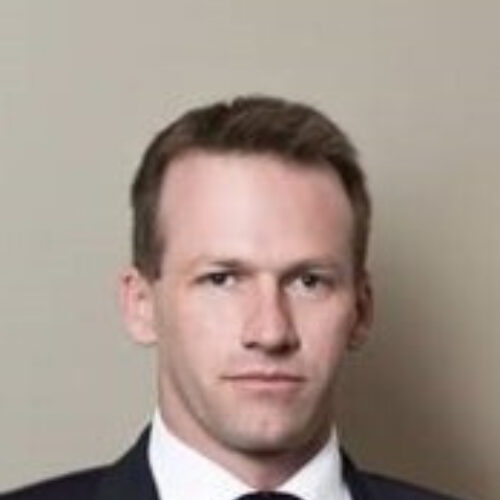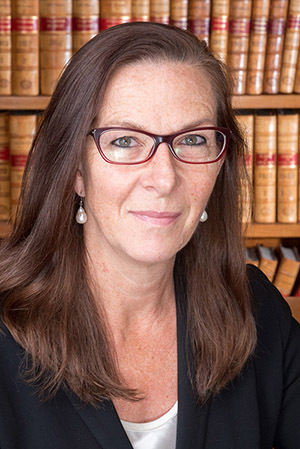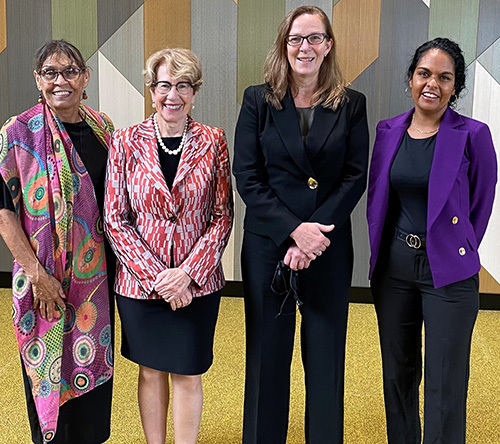
On 8 March 2022, Lucy McCallum was sworn in as the sixth chief justice of the Supreme Court of the Australian Capital Territory. Prior to this her Honour served as a judge on the NSW Court of Appeal from 2019 to 2022 and as a judge of the Common Law Division of the NSW Supreme Court from 2008 Daniel Tynan spoke with Chief Justice McCallum about her recent appointment.
Bar News (BN): What is your impression of the ACT Supreme Court so far?
Chief Justice Lucy McCallum (CJLM): It is clear that the ACT Supreme Court is in a strong position. The outgoing chief justice, Helen Murrell, oversaw the construction of a new court building which has state-of-the-art technology. She also worked hard to improve the court’s processes and procedures. The people in the registry are energetic, friendly, and highly educated. The court has navigated its way through the pandemic with fewer than the full complement of resident judges; the existing judges and the associate judge have worked tirelessly to cope with the additional load and to keep the lists up to date. I feel very fortunate to be taking on the position at this time.

BN: What are your key priorities as the next chief justice of the ACT Supreme Court?
CJLM: In my swearing-in speech I identified four beliefs by which I will seek to be guided, without seeking to impose my views on others. I make that qualification because I recognise that the authority of the court is institutional; it is not personal to me. That said, these are issues on which
I would hope to carry hearts and minds. First, I believe that the overrepresentation of Indigenous people in custody is a national tragedy that demands urgent attention. I acknowledged that this is not an issue the courts can or should seek to achieve alone. It is not about introducing a culture of leniency in sentencing, or exposing the community to unwarranted risk by taking an unduly generous approach to bail applications. It is not about setting at nought the hard work of police, who have perhaps the most difficult and thankless role in the criminal justice system, in bringing charges before the court. I said in my speech that what I was raising was the need for an exchange of ideas about the concept of moral culpability and our own moral responsibility to address the causes of endemic disadvantage and deprivation.
I also spoke at my swearing in – about the importance for the court of remembering that, while the resources of the court are finite and precious, they are intended to serve the public. While the court is entitled to expect the parties to assist the court in using its resources efficiently, the court equally has a duty to strive to implement procedures that are constant and immune from the vagaries of individual whim and to strive to produce decisions that are clear and are delivered promptly, without wasting the time and resources of those who bring their cases to us.
I also spoke about the court’s responsibility to recognise the proper limits of judicial power. I said I saw that as a principle of constraint but not only that. I was referring to the importance of not exceeding our power but also of having the discipline and the courage not to refuse to do right to any person under the guise of a constructed limit on power.
I believe that the overrepresentation of Indigenous people in custody is a national tragedy that demands urgent attention.
Finally, I spoke about the importance of treating all those who play any role in the administration of justice with respect. It sounds trite here but I sincerely believe that respectful discourse is an essential condition if the jurisprudence is to flourish. We can hardly expect advocates to present their best arguments, or witnesses their best recollection, if we expect them to perform in a hostile environment.
BN: How do you think your experience on the Supreme Court of NSW has prepared you for the role as chief justice?
CJLM: Well obviously I have had a range of experience in NSW that is relevant to the work of the ACT Supreme Court, in both trials and appeals. But I think perhaps the best experience I have had and could have had was to work under two fine chief justices, Spigleman CJ and Bathurst CJ. Obviously, every leader will develop their own style and I am sure mine will be very different from either of theirs, but I had the invaluable opportunity to observe the wisdom and care they brought to their roles.

BN: What are you looking forward to most about living in Canberra?
CJLM: I think what I am most excited about is the possibility of having more time outdoors. My partner and I are now living on a small property with our dogs and horses. There is plenty to keep us busy there and I am also hoping to spend more time riding the horses, rock-climbing, hiking and mountain-bike riding. BN
